The presidential debate at Hofstra University gave voters their first glimpse of Donald Trump and Hillary Clinton together onstage, and while Clinton was considered by many to be the better debater, it’s unclear how much the prime-time spectacle will sway voters in her favor.
“It is questionable how much presidential debates really shift public opinion,” said David Schultz, a professor of political science at Hamline University and author of over 30 books, including “Presidential Swing States: Why Only Ten Matter.”
“Overall, Clinton should be judged the winner,” Schultz said, adding that the impact is yet to be seen.

“The best political science evidence is that the debates only shift a small number of voters.”
However, there are examples of good debate performances that shifted a significant amount of votes. Mitt Romney gained a net of 4.4 percentage points on Obama after he was overwhelmingly considered the winner of the first debate in 2012—but later lost those points. Bill Clinton saw the polls swing by 4.1 points in his favor after the town hall debate of 1992 where George H.W. Bush was seen as out of touch after looking at his watch.
Micah Cohen, political editor at polling website FiveThirtyEight, said that a small bump in the polls for Clinton would give her more of a cushion going into election day. She’s currently polling at 1 to 2 percent ahead of Trump, and, according to Cohen, could gain an extra one or two points given her debate performance.
“Historically, in the last 10 elections, debates haven’t moved the polls that much,” Cohen said, noting that 10 election cycles is a small sample size to draw a conclusion from.
A boost in the polls would most likely come from voters who up to now have said they will vote for Libertarian candidate Gary Johnson or Green Party candidate Jill Stein. Johnson is currently polling at 7.4 percent, according to a national polling average by the website RealClearPolitics, and Stein is polling at 2.4 percent.
The fact that neither Johnson nor Stein had the 15 percent polling average needed to be on the debate stage could mean voters will turn their attention to one of the two major party candidates.

This would mainly benefit Clinton, according to Cohen, who said that among third-party voters, “more choose Clinton than Trump.”
Another demographic that both Clinton and Trump need help with are millennial voters, who see President Barack Obama in a favorable light but have been slow to back either candidate.
For these undecided or third-party voters, Schultz said that Clinton did a better job reaching out.
“The swing voters—women, people of color, and those under the age of 30—found more to like with Clinton. She talked more policy, she appeared calmer, and she seemed prepared,” said Schultz.
However, if Clinton does not see a bump in the polls following the debate, “then I'd be worried if I were a Democrat,” Cohen said.
Who Won the Debate?

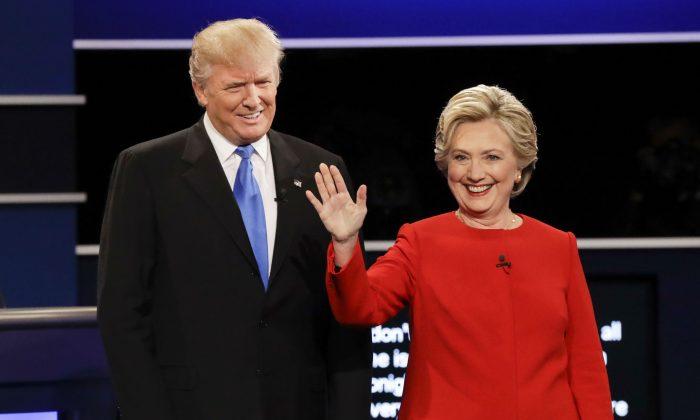
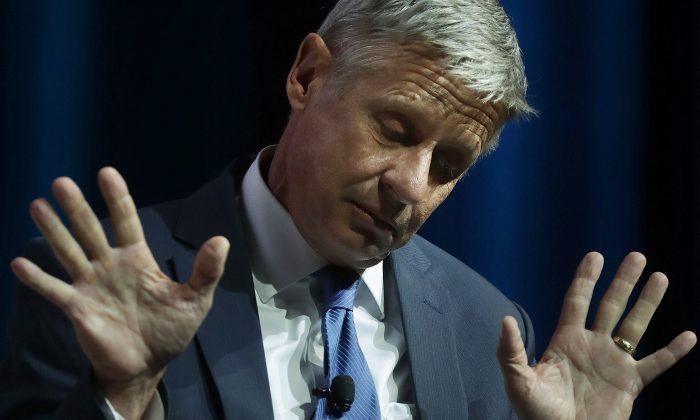
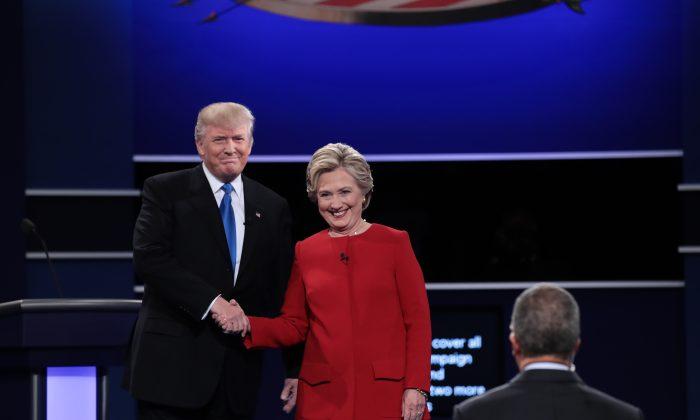
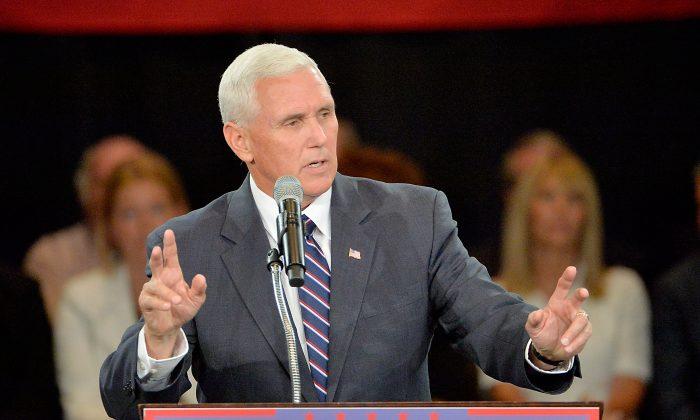
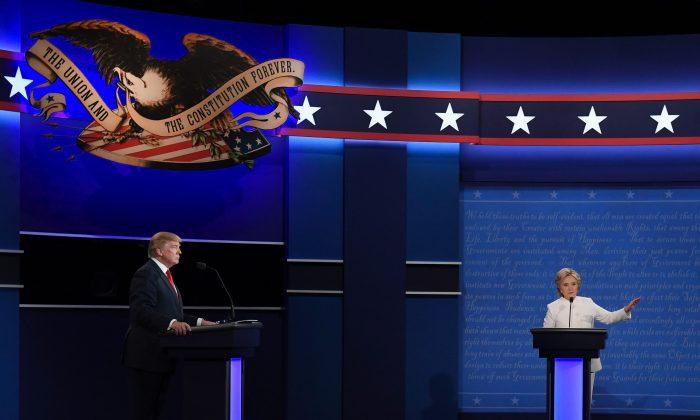
Friends Read Free